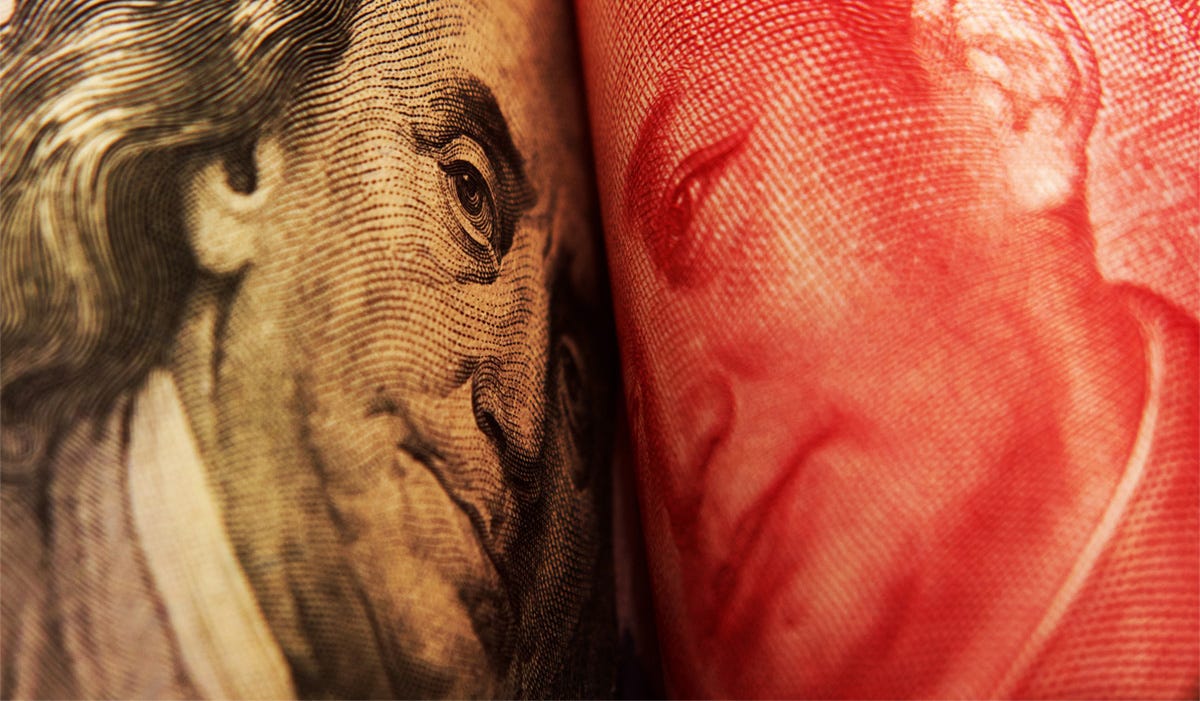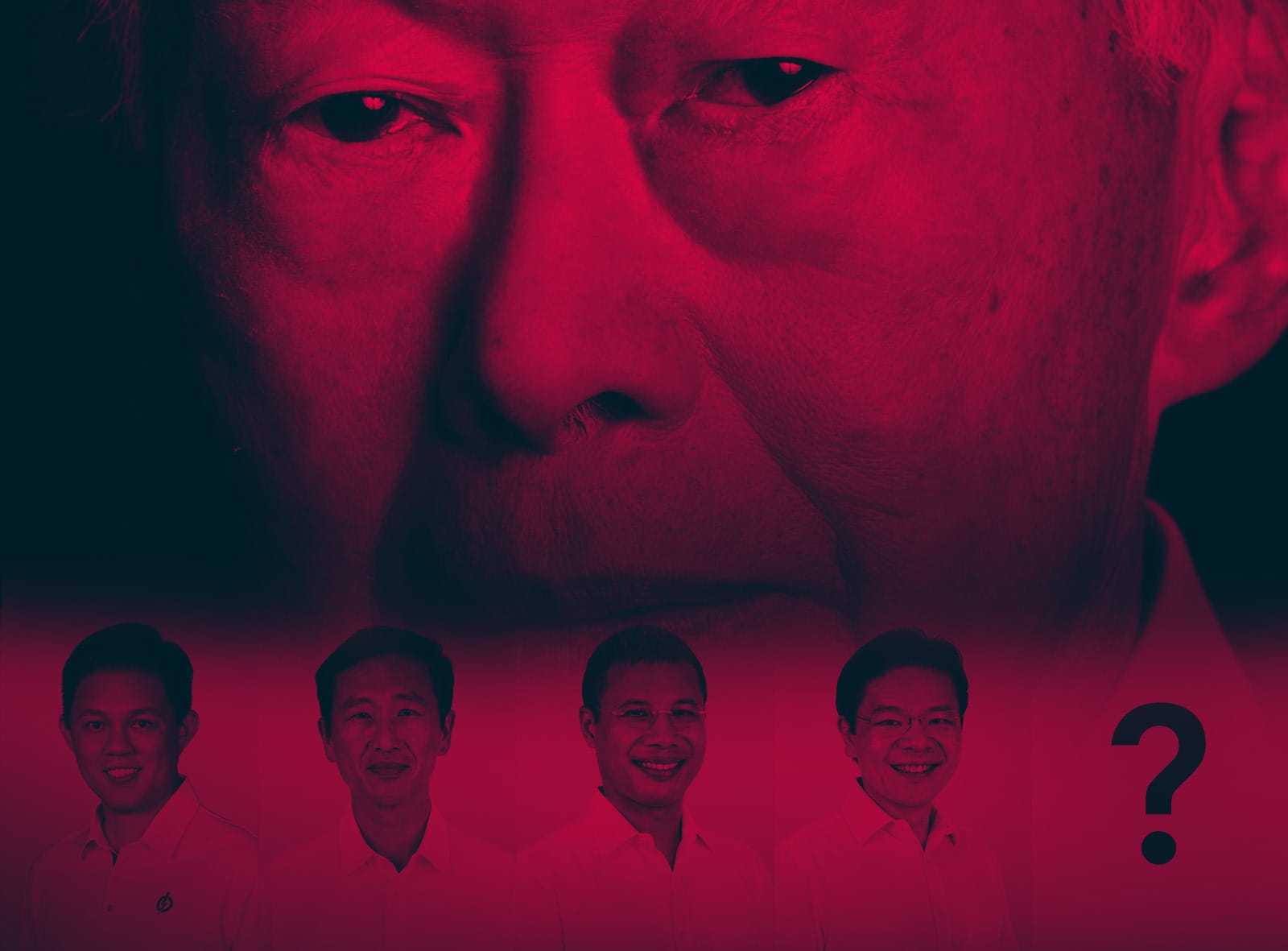I have to say I wasn't particularly surprised that DPM Heng Swee Keat has decided to withdraw from all but assured future premiership. The pandemic has clearly upset the succession schedule - and even without it, given his age, he would struggle to lead the government through more than two general elections.
That said, his departure from the role is leaving a gap that is not going to be filled easily.
While it is surely going to be better for the country to see someone younger in charge (who can comfortably lead the PAP through three or four electoral rounds), the political situation for the government is more sensitive than ever.
Heng Swee Keat provided a good link between the younger and older generations. While he might not be a tough, charismatic leader, nobody could see him as a crook or a despot either. His pleasant demeanour made him a tougher target for political smears.
This is particularly important as the PAP is facing mounting challenges from local opposition parties trying to outcompete the incumbents not on competencies but on the personal appeal of its members. It means PAP’s new successor should not only be smart but also appealing.
The evolving requirements of premiership in Singapore
Since the country’s independence, the primary goal of authorities in charge of the city-state was to maximize the output from the limited land and resources at their disposal. For half a century they fought against the odds and have eventually succeeded at taking Singapore to the top of the world in terms of wealth, healthcare, education, security and general living standards.

Most conversations about their successes inevitably gravitate towards Lee Kuan Yew, but it seems to me that few people truly appreciate the leap that Singapore has made in the last 17 years under the tenure of Lee Hsien Loong. The picture above shows the view of Marina Bay in 2004, the year he took over. Back then, Singapore was still in need of significant domestic spending. In subsequent years it opened to gambling and entertainment, incentivizing foreign tourism. It invested massively in infrastructure - including several new MRT lines, highways, sewers, cleaner electricity generation (shifting away from oil to natural gas), expansion of Changi airport or ongoing modernization of the harbour, with a planned move to Tuas by 2040.
Healthcare, pensions and government finances all saw significant reforms. As a result, Singaporeans enjoy greater safety nets while the national budget has begun to draw money from returns on invested reserves, so patiently saved over the years, setting the golden global standard for how a country should be financed in the process. Quality of life has improved with higher salaries, better public services, housing, parks, and playgrounds - all despite the turmoil caused worldwide by the financial crisis of 2009.
LHL’s tenure should be seen as the final chapter in maximization and optimization of Singapore’s domestic capabilities.
Of course, there are still a few patches of land, new MRT lines to be built, and new roads here and there, but it’s safe to say that over the past 17 years, Singapore has reached its full shape - which is now going to have to be maintained and gradually updated with time.
Protecting these achievements is going to be the main goal of the coming political era.
In a twisted way, however, the PAP is becoming a victim of its own success. With the prosperity its governance created, the requirements of local voters are evolving and taking a turn away from hard facts and figures towards less material, more emotional needs.
Coupled with technological progress, which puts politicians under public scrutiny 24/7, appearances and communications matter more than ever - more than actual results, which people have come to take for granted.
Typically the prime minister has to perform well in these three roles:
- Being a leader capable of controlling and leading the cabinet with few frictions.
- Being a strong, respected figure abroad.
- Retaining strong public support to keep winning elections.
However, given the very well-structured career planning for political cadres in the PAP as well as their already world-class achievements, I don’t think the first point is a major issue in the selection of LHL’s successor. Since Singapore is not a place where mercurial figures rise to power suddenly or surprisingly, elbowing their way to the top, the country could probably do very well domestically even if there was no prime ministerial figure in charge of the cabinet.
In that sense, the PM is primus inter pares - first among equals, here.
Since LHL’s tenure has not only made the most of Singapore’s opportunities in the previous years but also set many plans in motion for decades ahead, his successor is going to be charged mainly with keeping the course and preserving the party’s strong position at home while tackling the most pressing issues abroad.
The role, more than ever before, requires the new candidate to be highly popular, outwardly present, and visible both to Singaporeans and international parties alike. And that requires a good blend of charisma, toughness and eloquence to achieve both domestic following and impact abroad.
Dark clouds on the horizon

In the international arena, this has recently been made more difficult than at any point in the past 30-40 years. With the growing assertiveness of China and an increasingly polarized global situation, which may very well result in a new Cold War, Singapore is going to be forced to maintain a very fragile balance, attempting to remain as neutral as possible while defending its interests as assertively as possible. The continued rise of its ASEAN neighbours, who are currently getting wealthier much faster than in the past, is another challenge to the city’s position.
The country needs a strong figure to manage these threats, and that’s not going to be easy given the rising might of Beijing and its regional ambitions (especially if the alternative is erratic, unpredictable and not entirely dependable America).
Singapore is facing a tougher 50 years ahead than its past 50 have been - however counterintuitive it may seem. Singapore of the 1960s was, actually, in a great position to benefit from accelerating globalization - which the city has taken every advantage of thanks to the visionaries in charge. In the meanwhile, all of its neighbors failed to jump on the bandwagon and were left behind. Before Deng Xiaoping took over, even China wasn’t a contender. Along with Hong Kong Singapore was one of two civilized gateways to an overwhelmingly uncivilized world.
Today, however, regional wars are largely a thing of the past (save for the sad recent demise of Myanmar) and both Southeast Asia and China are growing much faster than a developed country like Singapore can.
In other words, the Lion City has more competition and less room to manoeuvre than ever before - while its population, particularly the youth, is starting to show signs of growing complacency, which the new prime minister is going to have to manage by trying to win their diminishing sympathy.
Ideally, he needs to be a cunning diplomat, tough and respectable - while being a social media darling, a pop star, a celebrity who says and does the right, the “nice“ things, acquiring enough social currency for whenever a tough decision has to be made.





